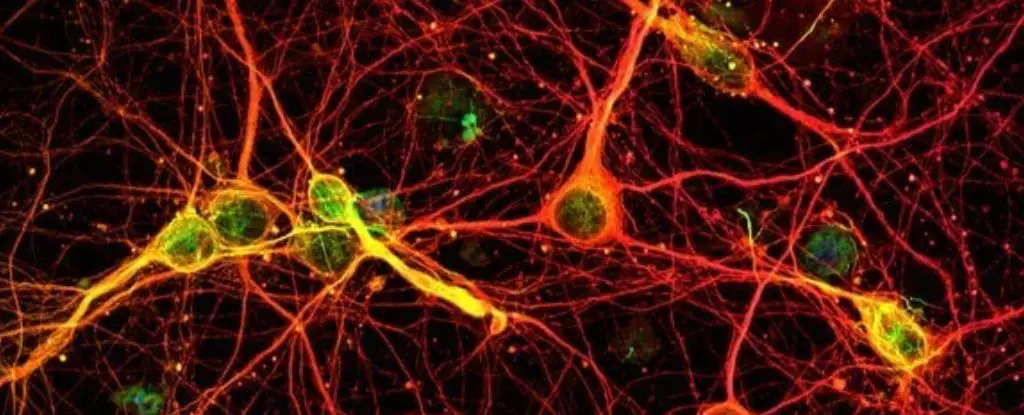For a long time, the notion of memory has been confined primarily to the brain, relegating other cells in the body to secondary roles in this complex process. However, groundbreaking research from New York University (NYU) has challenged this traditional perspective, revealing that memory may be a more universal attribute shared among all cells. This innovative study by neuroscientist Nikolay Kukushkin and his team presents compelling evidence that learning and memory processes are not restricted to neurons but can also manifest in non-brain cells such as nerve and kidney cells. Such revelations prompt a reconsideration of how we understand memory and learning, emphasizing a broader and more inclusive view of these fundamental processes.
Kukushkin’s team uncovered that the age-old technique of learning through repetition is significantly impactful at a cellular level. The research elucidates the concept known as the “massed-spaced effect,” which posits that repeated exposure to certain stimuli or behaviors is crucial for forming robust memories. It is a well-established idea that cramming for exams leads to superficial retention of information, but the study further amplifies this understanding by showcasing that the body’s cells also engage in memory formation through cycles of biochemical activity. This cellular reaction to learning reinforces the idea that proper learning strategies across contexts could enhance retention—not only academically but potentially across various aspects of life and health.
In their experiments, the researchers exposed non-brain nerve and kidney cells to controlled chemical patterns designed to mimic the learning processes observed in neurons. The results were revealing: these cells demonstrated a similar massed-spaced effect in their responses. This phenomenon underscores that such cellular interactions are deeply embedded in biological mechanisms, suggesting a possible evolutionary advantage that allows all cells to adapt and learn. Particularly noteworthy is the activation of specific genes associated with memory, evident through measurements of luciferase, a byproduct of gene expression. This occurrence indicates that memory-like processes may be a fundamental characteristic of cellular behavior, with implications for a range of health conditions and therapeutic approaches.
The researchers further noticed that the activation within these liver and nerve cells was directly influenced by the frequency and duration of chemical ‘training pulses’ they received. Notably, a brief exposure initiated a transient activation of memory genes, while a series of four pulses induced a more prolonged and robust activation lasting several days. This dynamic mirrors the behavior of neurons, drawing a parallel between them and other cell types. Such findings may have far-reaching consequences for the way we approach learning and memory-related disorders, as they lay the groundwork for innovative treatment strategies that consider the entire body’s role in these processes.
The implications of this research extend beyond scientific curiosity; they speak to practical applications in education, rehabilitation, and health care. Kukushkin suggests that a reevaluation of how we regard the body’s learning processes could provide insights into addressing deficits not only in memory but also in various disease states. By recognizing that memory exists beyond the confines of the brain, there is potential for a more holistic approach to mental and physical health.
While this study opens new avenues, it also highlights the considerable gaps in our understanding of how these processes work in humans. The research team points out the need for further investigation into the complexities of cellular interactions and memory formation within the broader context of body health. There is a promising horizon for studies that treat the body with the same seriousness as the brain in matters of learning, memory, and overall well-being. As scientists continue to explore this fascinating intersection of biology and memory, we may one day unlock profound insights that could transform how we perceive and nurture our cognitive capabilities.

